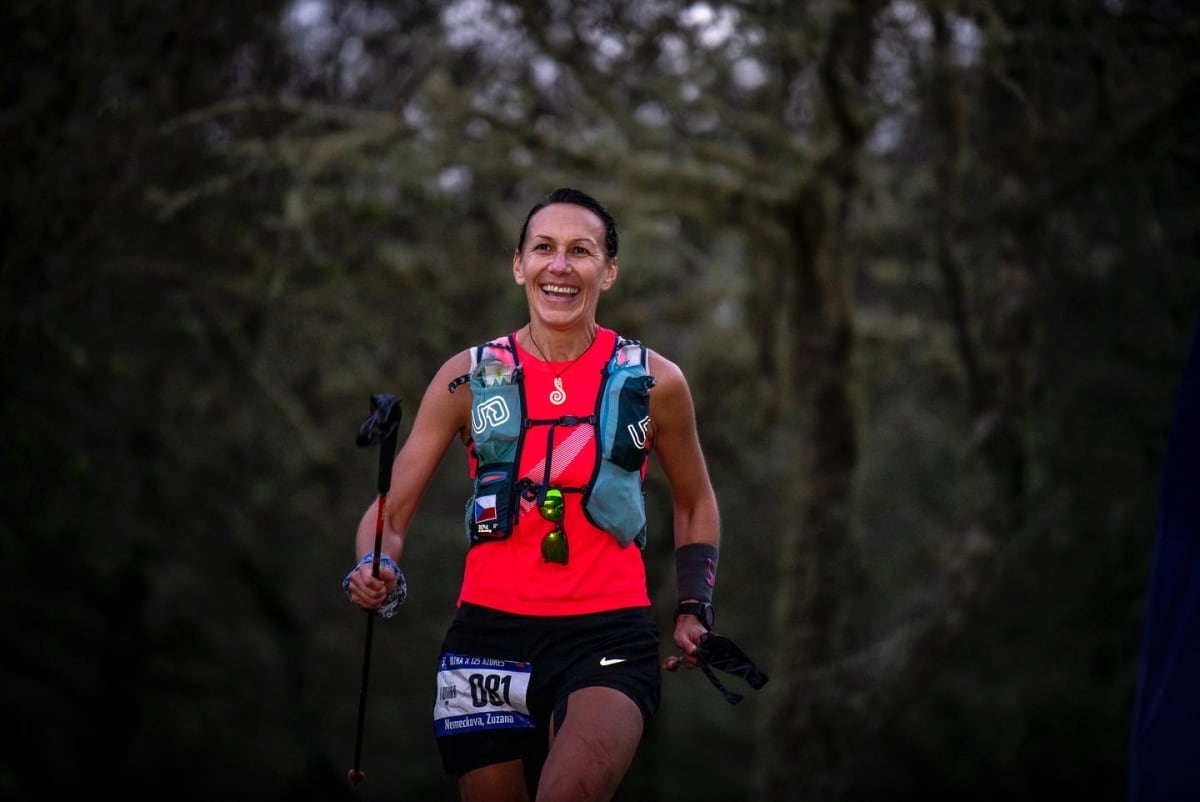Running 50km is no small feat and one element that is often overlooked is nutrition - your race day fuel.
Good nutrition can be the difference between finishing the race, setting a PB, or not finishing at all. Whether you are new to running or a seasoned ultra runner, a nutrition plan is key in supporting your training adaptations, helping you recover, and getting you to the start line injury-free.
So what should your nutrition look like for a 50km Ultra?
It’s important to understand that no one strategy works for everyone. Individual needs will differ depending on prior experience, training load, type of sessions and training goals, specific nutrition needs (based on gender, age, physiology, etc.), everyday stressors, and overall health.
Some basic principles to consider when it comes to nutrition for running include:
Don’t avoid carbohydrates! Carbohydrates are the primary source of quick fuel. Especially important for higher intensity sessions or faster-paced long runs.
Eat enough protein. Protein is essential for muscle repair and recovery between runs. It helps preserve your muscles and keep you injury-free.
Your body needs healthy fats. These play a role in absorbing vitamins A, D, E, and K. These are important for bone health, immune system and have antioxidant properties. Fat is also used as fuel but at lower intensities.
Vitamins and minerals help your body work at its optimal. You should aim to obtain these from the foods you eat, such as meat, fish, fruit, vegetables, nuts, and seeds. But occasionally, when training demands are particularly high, supplements may be appropriate.
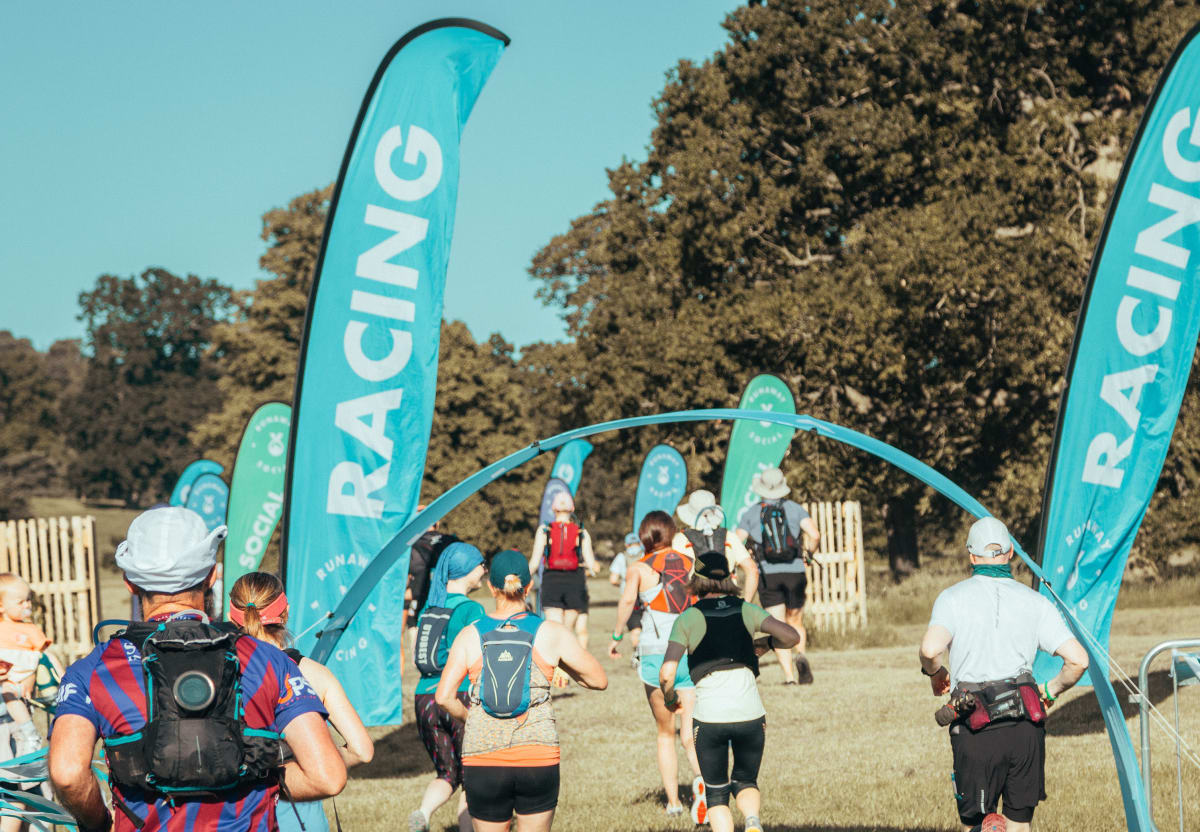
Before the race
Many runners like to carb load in the days leading up to a race. Carb loading helps to keep your glycogen (carbs stored in muscle cells) topped up ready for the race day. Whilst increasing the carbohydrate content of your meal is a good idea, it should be balanced by reducing the fat and protein content. Your meal portions should not change.
If your running pace is likely to be lower for a longer distance, you might tolerate a bigger breakfast. Aim to have your breakfast 2-3 hours before the race to allow for digestion. The pre-race breakfast should be mostly carbohydrates with a small amount of protein. Avoiding excess fat and fibre is advisable to avoid gut issues during the race.
Depending on individual preference and tolerance, some pre-race breakfast ideas are:
- Porridge made with skimmed milk, banana, and a spoonful of peanut butter
- White bread toast with Marmite and a piece of fruit
- Egg omelet and avocado wrap
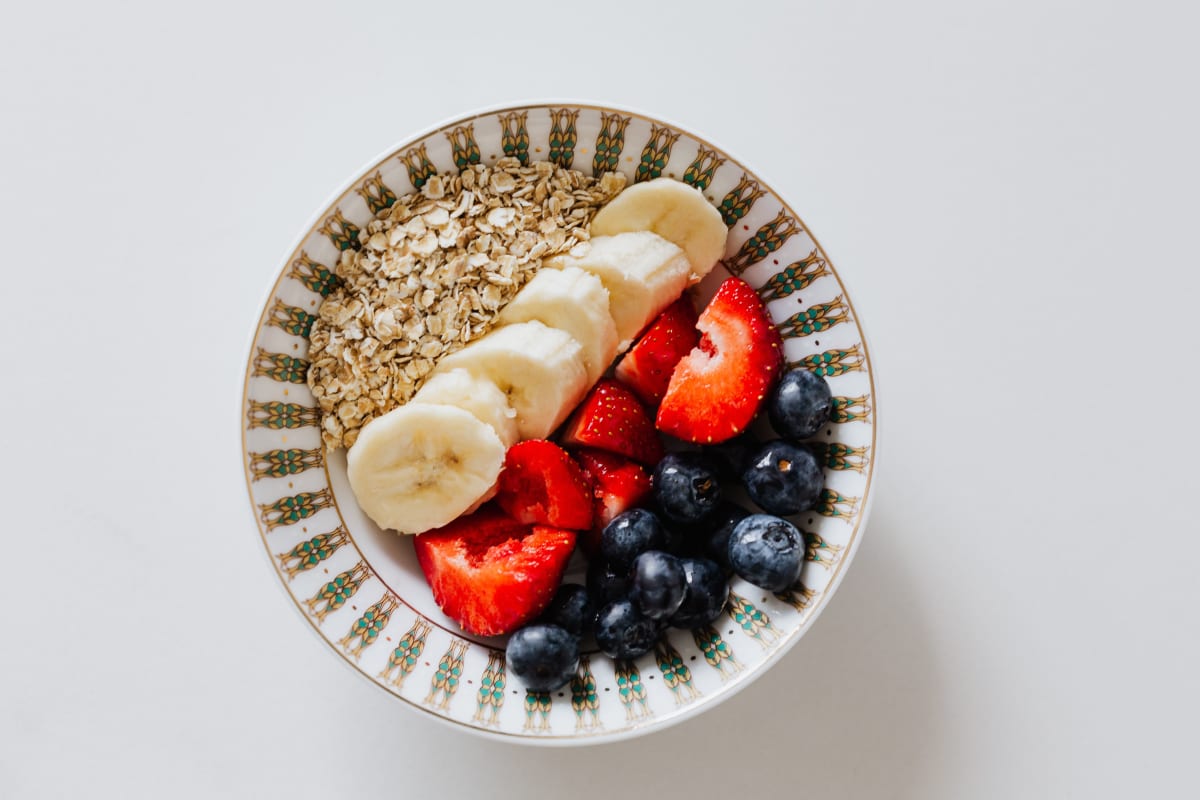
During the race
The duration of the race, the pace, and the level of ability will play a role in fuelling strategy. For longer, slower races runners are more likely to tolerate solid foods. However, the faster the pace, the more challenging it becomes to consume solid foods, and quick and easy fuel sources, such as sports gels, might be preferred.
It is a good idea to plan ahead and check where the aid stations along the course are and what fuel will be available at each. This allows you to practice with the foods available on the day or you can choose to carry your own.
Depending on individual preference and tolerance, some race fuel ideas are:
- Dates filled with peanut butter
- White bread, peanut butter, and jam sandwiches
- Boiled baby potatoes seasoned with sea salt
If solid foods can’t be tolerated, sports gels or liquid carbohydrate drinks might be a good alternative.
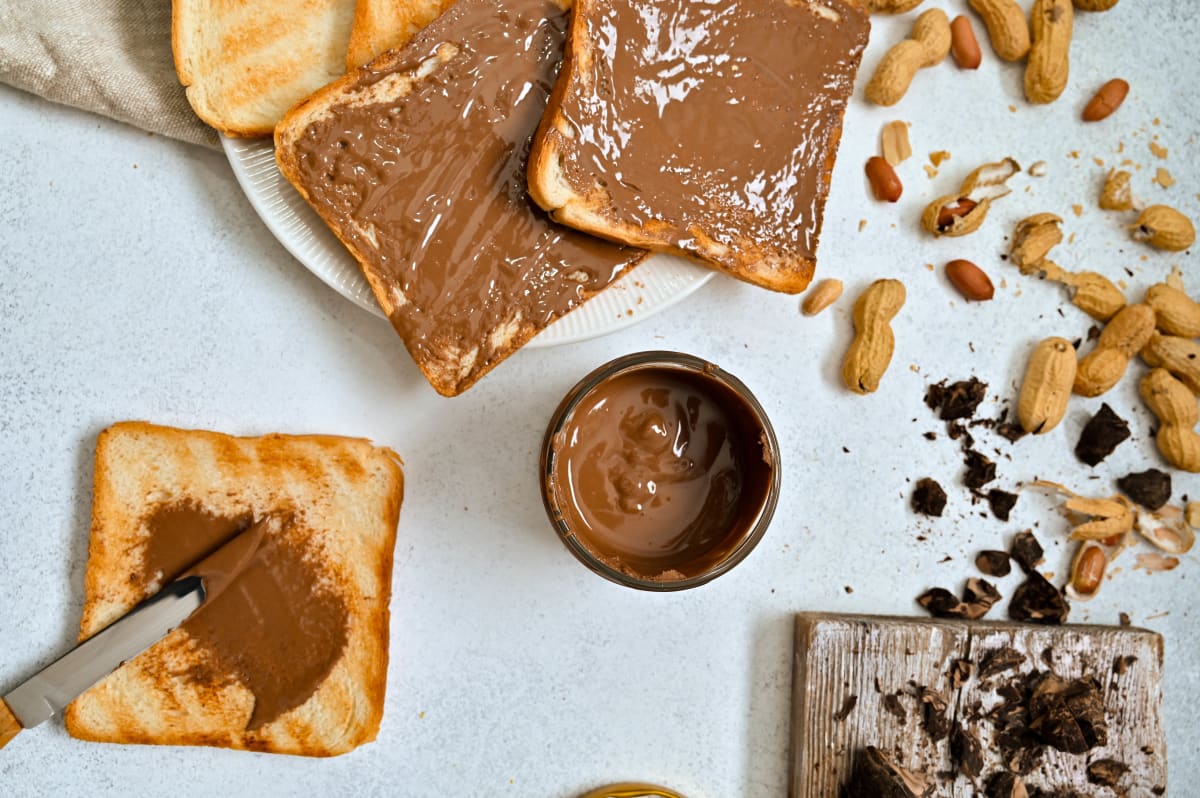
After the race
It is easy to forget to re-fuel after the race in a moment of excitement. A celebratory drink is usually the first thing on your mind, but before reaching for that beer, consider refuelling your body first to optimise recovery.
Recovery meals or snacks should be high in carbohydrates to replenish depleted glycogen stores, some protein for building and repairing the muscles, and plenty of non-alcoholic fluids to replace sweat losses.
Some good recovery food options are:
- Chicken wrap with cheese and salad
- Pasta with tuna and roasted vegetables
- Homemade pizza with cheese and veggies
You should aim to refuel within 30-40 minutes of your race. If you don’t have access to food, you could opt for chocolate milk or a protein shake, which you can have waiting in your post-race bag.
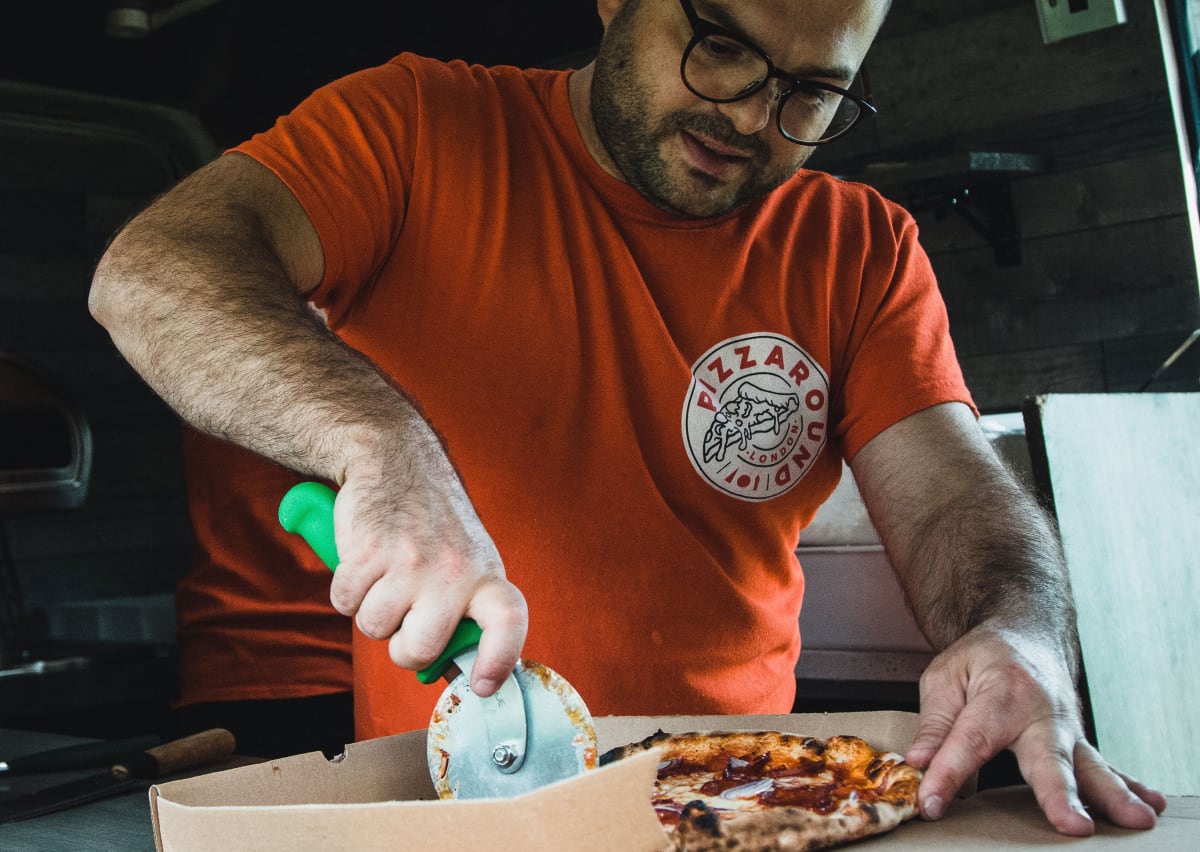
You can’t outrun bad nutrition, but good nutrition can help you achieve a PB.
A qualified Sports Nutritionist can help you develop a plan for optimal training and race day performance.
Zuzana is a qualified nutritionist who helps female runners optimise performance with the right nutrition so they can run further, faster & injury free.
If you’re interesting in contacting her about your needs, find her on Instagram @ontrack.nutritionist or via email at ontracknutritionist@icloud.com
